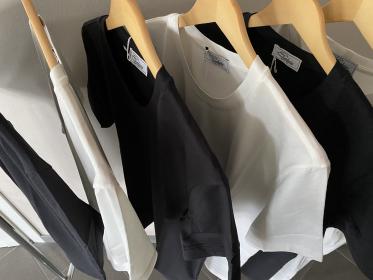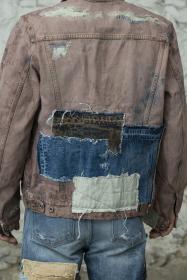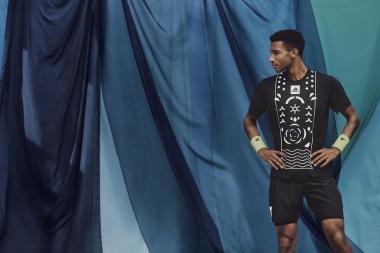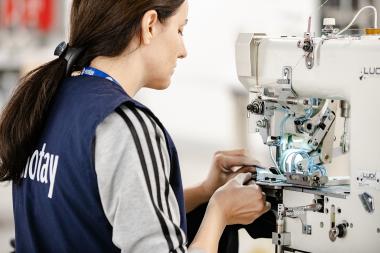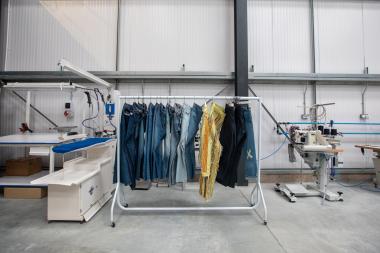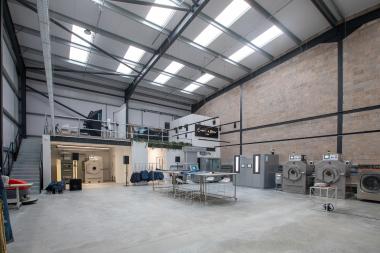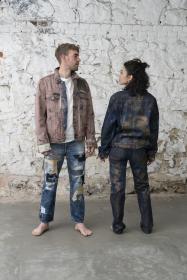High-tech center for cotton processing and fiber-to-fiber recycling being built in Africa
IFFAC (Impact Fund for African Creatives) has revealed plans which will revolutionise West African textile and garment production at one stroke. The fund is converting a partially disused textile mill in the region into a hi-tech centre for processing local cotton and recycling waste fabric, to produce both fabric for further processing and new clothes. The mill will be equipped with modern equipment, all sustainably powered by hydroelectricity from the nearby Volta Dam.
West Africa grows about 6% of the world’s cotton but only a tiny fraction of that crop is processed on the continent, the vast majority being shipped thousands of miles to Asia before being shipped back again as finished or part-finished fabrics. The mill project will end the continent’s reliance on such an unsustainable practice with all the obvious financial and environmental benefits.
As well as producing fabric from sustainably grown virgin cotton, a joint venture with Shandong-based WOL Textiles Ltd., a privately owned plant that has long supplied the African market, the mill will be home to a state-of-the-art shredding and recycling facility, a joint venture between IFFAC and the Dutch Circularity B.V. CEO Han Hamers of Circularity B.V. in The Netherlands, has been involved in the production of 100% circular knit and woven articles.
The mill project is expected to create over a thousand jobs. The surrounding area already boasts a significant number of experienced textile workers ready to be retrained on the new equipment. While the majority of the products created will be sold within the region, all processes will confirm to new EU Supply Chain Law to allow for the possibility of export.
Output is forecast at six million pieces of finished clothing and twenty-five million metres of spun and woven cloth per year. In total, thirty million US$ of investment will be made in the site with operations ready to begin next year (2023).
















